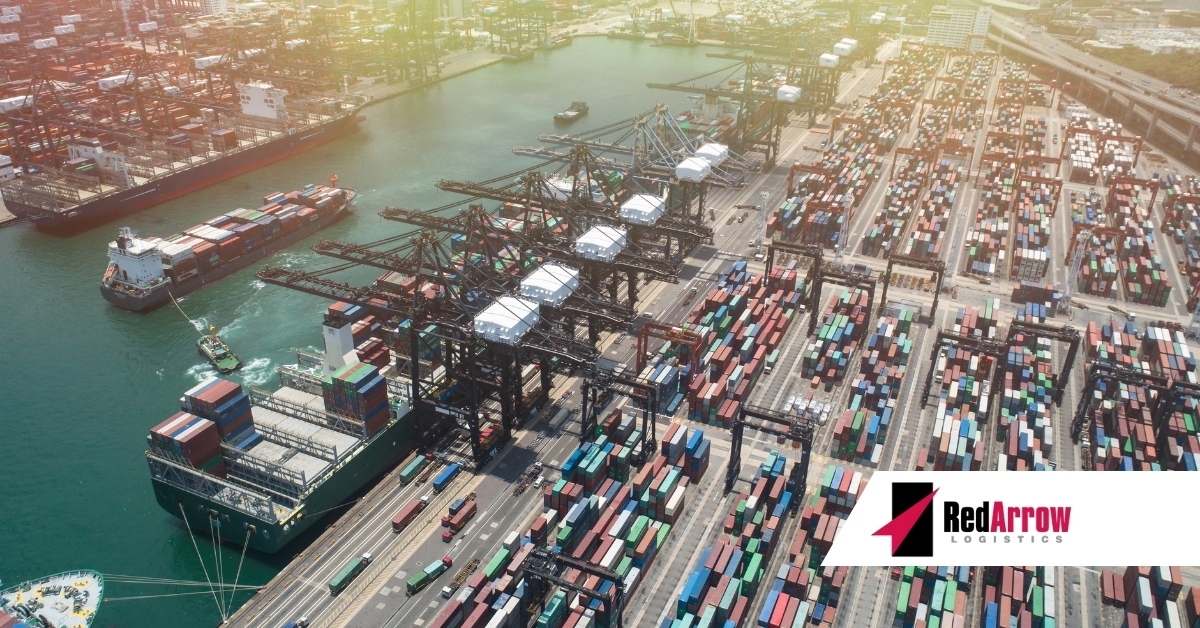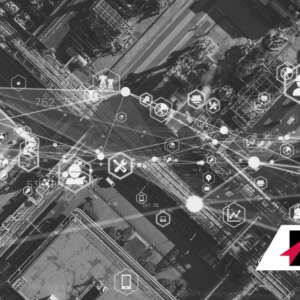There is not one industry in the United States that has not been affected by supply chain disruptions over the last two years. Global events, the pandemic, and inflation have caused upheaval in supply chains around the world. Fewer workers, overwhelmed warehouses, and a demanding e-commerce market have created a situation that has presented challenges for many companies.
What is Supply Chain Disruption?
A supply chain is defined as the network of people, organizations, and activities that move a product from a supplier to the final customer. A disruption is any sudden change or situation, local or global, that negatively impacts this process, and they can occur for a variety of reasons. Since a supply chain is a series of interconnected parts, when one link fails, the entire chain is affected.
Supply Chains Disrupted Globally
Events like natural disasters, warehouse backlogs due to increased volume, cyber-attacks, and a lack of workers have all contributed to the supply chain disruptions that have occurred over the last two years. A study conducted by the Institute for Supply Management found that almost 75% of the 628 businesses surveyed had experienced supply chain disruptions due to the COVID-19 pandemic alone. In the same survey, 57% said they were facing longer lead times with orders from suppliers in China.
How to Manage Supply Chain Disruptions
Effective logistics management is one way to mitigate supply chain disruptions that will inevitably creep up. Being able to effectively handle disruptions gives a company a competitive advantage in the market. When it comes to managing a supply chain, it is a good idea to act proactively and be prepared with a strategy that manages disruptions. The following are ways to mitigate supply chain issues:
– Diversify Your Supply Base. Suppliers have also been affected by disruptions to the supply chain, meaning supplies and raw materials are sometimes unavailable. Having more than one supplier allows your business to quickly change to another supplier should an issue arise. While it might be tempting to choose a supplier based on lower pricing, make sure they also have a good reputation for reliability.
– Improve TMS System. A TMS system is imperative in today’s market because data must be used to make improvements. A TMS system allows you to gain more insights into your operations as well as simplify the supply chain so that it is not as susceptible to disruptions as you can adjust quickly. Newer systems have advanced features that make the entire process of gathering and interpreting data faster and easier. These insights can help you lower costs in the long run as well.
– Deal with Labor Shortages. There are labor shortages throughout the supply chain currently, but no more than with truck drivers. With fewer truck drivers on the road, companies have found it a challenge to get freight moved. Some carriers have reached out to retired drivers to bring them back to the workforce. A 3PL provider can also help by reaching out to their carrier network.
– Build Inventory. Create a stockpile of supplies that are used most often so you can get through a few months of disruption. This may mean having an inventory of finished goods, components, and raw materials, whatever is needed if your supply chain were to be cut off temporarily.
How Inflation Affects the Supply Chain
The inflation of the last few months is affecting supply chains as well. Inflation may even continue to rise this summer. Often, businesses pass price changes onto consumers, especially when the price of gas goes up. At the same time, goods and services have increased as well. In order to counteract inflation, you may need to raise prices on deliveries. Determine the profit margin that you need to operate and improve your procedures to hit that target profit margin.
Supply chain disruptions can create uncertainty for businesses, but the key to managing them is to evaluate your supply chain to make sure it is operating efficiently and is able to handle a temporary problem. A fulfillment and supply chain expert like Red Arrow Logistics is able to support your business when disruptions happen to find alternative solutions to keep your product moving.
Your Trusted Partner
At Red Arrow Logistics, we provide expertise and white glove customer service with fast-growing, complex, and high-value supply chains. As the next-generation model of logistics companies, we offer tailored transportation and logistics solutions — from single shipments to complex over-dimensional and international orders.
Red Arrow offers the scale and scope of services including air, ocean, and ground transportation to meet the budget and schedule requirements of the largest and smallest companies alike. If we can be of assistance, please email us at info@redarrowlogistics.com or give us a call at 425-747-7914.





